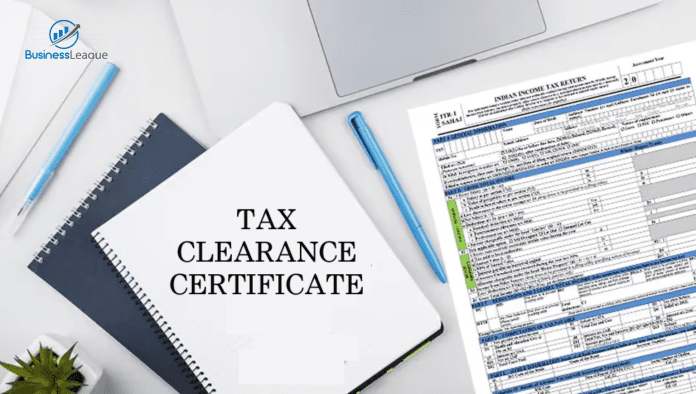A clarification has been issued by the Finance Ministry regarding the Tax Clearance Certificate. In which it has been told that if someone is going abroad, then he will have to take a tax clearance certificate in cases of tax arrears and major defaults. It can be passed only through the Principal Chief Income Tax Commissioner. Let us know what else has been said by the government.
The government has issued a clarification on the budget proposal to make tax clearance certificate mandatory for going abroad. The Finance Ministry says that the proposed amendment is not for everyone and only those persons will have to take clearance who are accused of financial irregularities or have high tax arrears. The ministry has proposed to add a reference to the Black Money Act, 2015 in the Finance Bill, 2024 to the list of Acts under which any person has to pay his liabilities to obtain a tax clearance certificate.
That’s why tax clearance certificate will have to be taken
Regarding this, the ministry said that according to section 230 of the Income Tax Act, 1961, every person is not required to obtain a tax clearance certificate. Along with this, the Ministry further said that the Income Tax Department, on the basis of the 2004 notification, has clarified that persons residing in India are required to obtain a tax clearance certificate only under certain circumstances. A person who is involved in serious financial irregularities and his presence is necessary in the investigation of cases under the Income Tax Act or the Wealth Tax Act. Apart from this, such a person will also have to obtain a tax clearance certificate. Tax clearance certificate will be given through them
Against whom direct tax of more than Rs 10 lakh is due and no stay has been imposed on it by any authority. The Income Tax Department said that a tax clearance certificate can be given only after taking approval from the Principal Chief Income Tax Commissioner or Chief Income Tax Commissioner. Such a certificate can be issued only by the Income Tax Authority. In which it is clearly written that such a person does not have any kind of tax payable under the Income Tax Act or the Wealth Tax Act, or the Gift Tax Act, 1958, or the Expenditure Tax Act, 1987.


